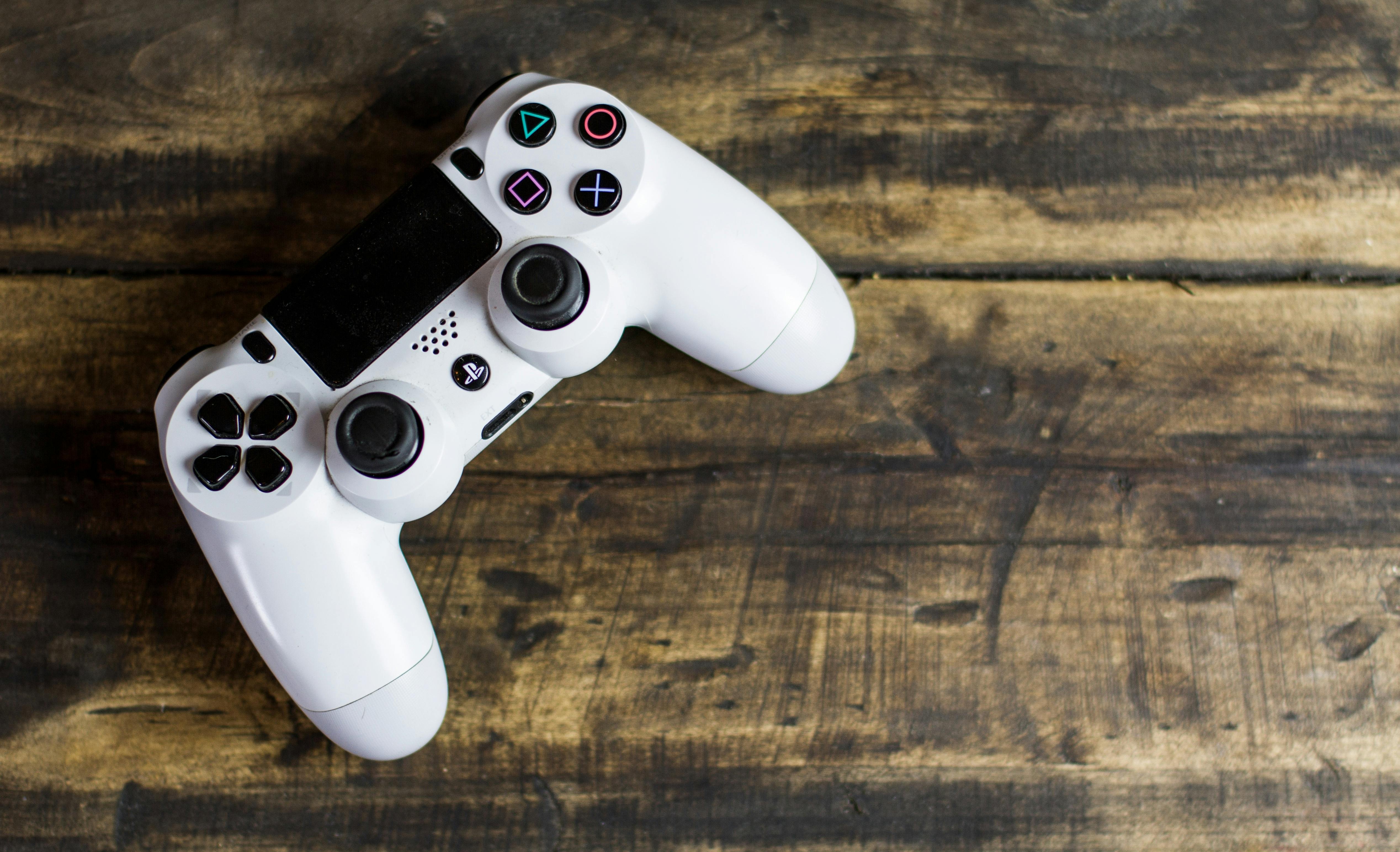The Intriguing Interplay between Video Games and Mental Health
Video games have, over the years, evolved from being a niche hobby to a mainstream form of entertainment. They are a source of joy, a tool for social connection, and a creative outlet for millions around the world. Yet they also prompt debates about their impact on mental health. In this article, we delve into how video games intersect with mental health, exploring both the potential benefits and the risks.

A Historical Overview: Video Games and Mental Health
The connection between video games and mental health has been a topic of discussion since the dawn of the digital gaming era. In the early days, the dialogue was predominantly negative, with games often blamed for promoting violence or causing addiction. However, as the medium matured and diversified, so too did the conversation.
The first inklings of a positive correlation emerged in the late 1990s and early 2000s, when researchers began to investigate the use of video games in therapy and rehabilitation. The introduction of games designed to improve cognitive function, such as Brain Age and Lumosity, brought the potential benefits of gaming into the mainstream consciousness.
The Here and Now: A Mixed Bag of Outcomes
Fast forward to today, and the relationship between video games and mental health is more nuanced. On one hand, studies have shown that video games can have therapeutic benefits. For instance, games that require strategic thinking can improve problem-solving skills, while multiplayer games can foster social connections.
However, these benefits do not negate the potential for harm. Excessive gaming can lead to problematic behaviors, and certain games have been linked to increased anxiety and decreased social skills. The World Health Organization has even recognized “gaming disorder” as a diagnosable condition in its International Classification of Diseases.
Analyzing the Impact: Games and Gamer Reactions
The impact of video games on mental health is not uniform; it varies based on the type of game, the player’s individual characteristics, and the context in which the game is played. For example, one study found that action video games could improve cognitive function, but only when played in moderation.
Player reception to the idea of video games as a mental health tool has been mixed. Some players appreciate games that explicitly tackle mental health themes, such as Hellblade: Senua’s Sacrifice, which explores psychosis. However, others express concern that these games could trivialize or misrepresent mental health issues.
A Delicate Balance
In conclusion, the interplay between video games and mental health is complex, with both potential benefits and risks. As the gaming industry continues to evolve, it’s crucial for game developers, mental health professionals, and players themselves to engage in ongoing dialogue about how to maximize the benefits of gaming while minimizing its potential harms. This will ensure that the pixelated universe remains a source of enjoyment and enrichment for all who traverse it.




